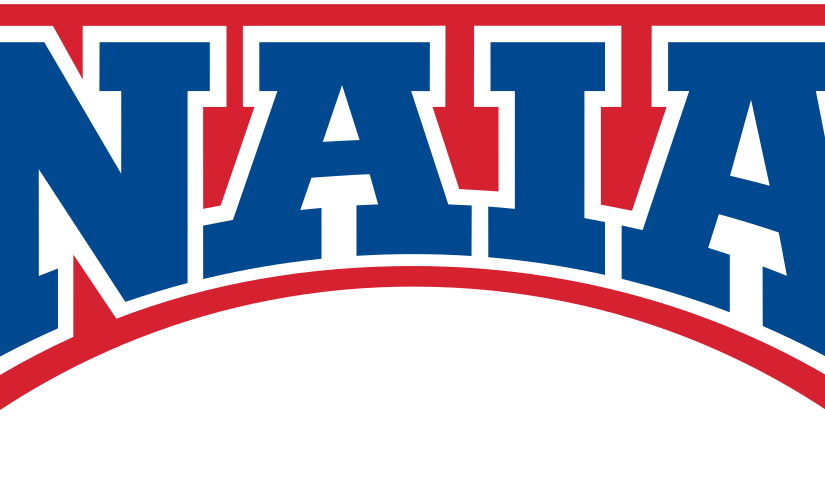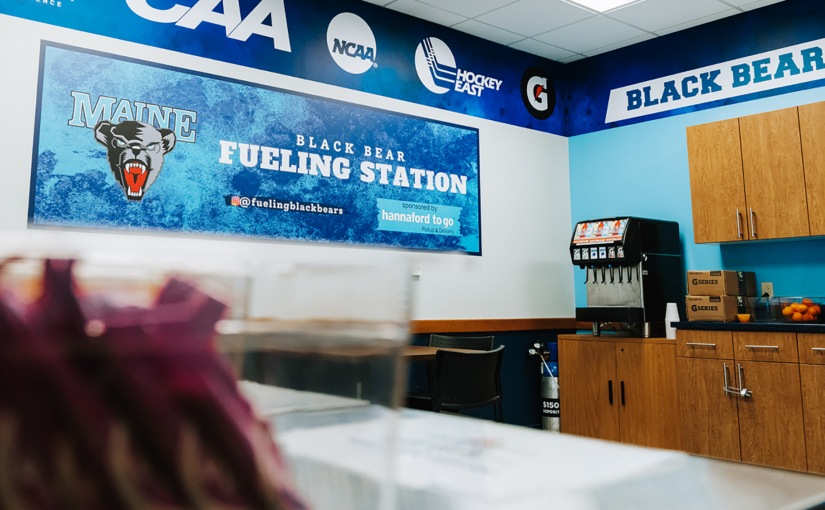Five Tips for Recruiting High School Players
Recruitment. It’s the lifeline for any successful college basketball program. But the recruitment of high school players goes far beyond tracking field goal percentages and rebound totals or watching a submitted highlight tape. And if you’re with a smaller school from the NCAA Division II or III ranks, it takes a little more digging to find student-athletes that will fit with your program and their career goals.
Aaron Strothers, an assistant coach for the NCAA Division III UMass Dartmouth men’s basketball team knows this. He’s a basketball lifer who was an accomplished high school player and played at Merrimack College before heading overseas to play in the first division of the Costa Rica league and for the Cape Verdean national team.

“Everyone wants the most talented players, that’s a given. But playing basketball at the college level is more than just filling the stat sheets,” Strothers said.
Below are five tips from Strothers on what to look for aside from the statistics when recruiting a high school basketball player.
Body Language
How does the player interact with the coaches? Does he or she take well to coaching and criticism or shut down? Are they being a leader to their teammates — effectively communicating with teammates or staying engaged whether they are on the court or on the bench? Will they help an opponent up off the ground following a foul? Do they continually chirp referees on every call? How will they react to a poor stretch — will they fight through it or shrug their shoulders?
These are things that are easily recognizable by recruiters and often play an integral role in the decision-making process. And in the flow of the game, these are things that can easily be forgotten by players that get swept up in the moment.
“Sportsmanship is a big thing we look for in players,” Strothers said. “We want players who will perform on the court, but also represent the school in a good way.”
And when it comes to the gameplay, Strothers is watching a player’s compete level.
“Take no plays off,” Strothers said. “If you’re taking a play off in a game, how many are you going to take off in practice?”
A standout high school player may be able to afford taking plays off in different games as there’s a wider gap in skill levels. In the college game, where an incoming freshman may be 18 years old at best, taking plays off against equally-skilled players who are in their early 20s is a fast track to riding the bench.
Arrive Early
There are multiple reasons for this tip, Strothers said. First, you want to make sure you can get a seat, find parking, and allot extra time for getting lost, and locating the gym. Come playoff time or for any other highly anticipated matchup, you want to make sure you’re in a position to absorb as much as you can and won’t be stuck in the lobby.
Getting there early also allows for the opportunity to speak with those who are close to the players. You can introduce yourself to the head coach and staff to seek permission to talk to them and the player after the game. You could also talk to the referees, who are usually in the unique position of observing these players unbiasedly. And maybe, if you’re savvy enough, you can keep your ears open to what people are saying in the stands around you. Maybe you’re sitting next to a family member or someone familiar with the player that can provide additional context to your review.
“The networking aspect of things is also important,” Strothers said. “I always introduce myself and make sure I’m wearing all my school gear. You never know who could be helpful, if not now, later down the road. I’ll talk to the ADs, refs, coaches, people in the stands. [UMass Dartmouth head coach] Brian [Baptiste] recruited me [out of high school], and years later I’m working for him. The basketball world can be small in that way.”
And while working the crowd, you can also keep an eye on how the player performs in warmups. Are they just going through motions or are they focused on preparation?
Own Your Territory
It’s a worthy piece of advice for recruiters and salespeople, but it bears repeating. No program wants to lose out on talent, but especially talent that’s sitting in its backyard.
Working under Baptiste, who’s coached the Corsairs for more than 30 years, Strothers quickly learned his trick to get so many quality players from the south of Boston region.
“He knows all the local teams and coaches. He’s constantly picking up the local newspapers and staying up-to-date on the teams and players doing well,” Strothers said.
Having your finger on the pulse of the local high school basketball scene — especially if the region is filled with talent — and developing relationships with the local coaches can save you both time and mileage on your odometer. And at the Division III level, getting the players that drew large crowds on the high school level may help fill the seats and buy tickets at the next level, which never hurts.
Get Involved in the Community
Building off the importance of networking and owning your territory, involve yourself in the basketball world — but outside of your role with your college team. Strothers said he has found success in recruiting players from coaching on the AAU circuit during the spring and fall seasons.

“It’s a great way to get to meet players in a different setting. You can start to build that relationship through their high school years, help develop their game, and, hopefully, they’ll trust you enough to come play for us,” he said.
It can also open up your eyes to out-of-region talent from opposing teams and help build relationships with other coaches who may have future players worth checking out.
When Strothers isn’t coaching for UMass Dartmouth or on the AAU circuit, he’s back in his hometown training younger players and organizing community events. Building a brand that not only represents the school well but also yourself is important in the life of a recruiter. And ingratiating yourself into the lives of young players in a positive way and helping them improve on their game is paramount, but it must be authentic.
Giving back to his community, and building his own basketball brand, is what motivated Strothers to start Village Hoops — a local basketball movement that he hopes to be a resource to anybody interested in the game. He has helped organize dunk contests and pick-up games featuring local talent at the high school, collegiate, and professional levels. But it was also created as a way to help give back to the community that game him so much.
“I want this to be a resource for coaches, players, referees, whoever,” he said. “Any young players who need anything — ‘I want to work on my finishing. What drills can I do?’. Or an AAU coach looking for a guard who can I score, ‘Do you have anyone in mind?’ I know them. The main idea is about building up the community and bring people together within the basketball community.”
Take Note of Player Responses
While it’s important to absorb what a player is saying when you are conducting interviews, you should also take note of how a player is responding.
“I think what stands out to me is when players are well-spoken and confident, but humble,” Strothers said. “It’s a fine line.”
Of course, any program wants a confident player, but are they cocky? Do they reply with ‘Yes sir’ or ‘Yes ma’am’? Do they look you in the eye when conversing? Are they aware of their school grades and SAT scores?
» ALSO SEE: NFHS Leader Addresses COVID-19 Hot Topics in Webinar
“If you’re being recruited it’s good to know you academic standing,” Strothers said. “And be honest too.”
He went on to add that a player acknowledging that they may be struggling in one subject, but are working towards improvement leaves a better impression with a potential program instead of them having to find out through transcripts. It speaks to a player being coachable that Strothers mentioned earlier.












